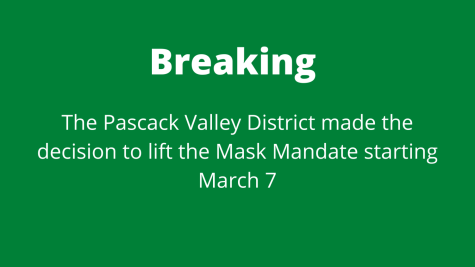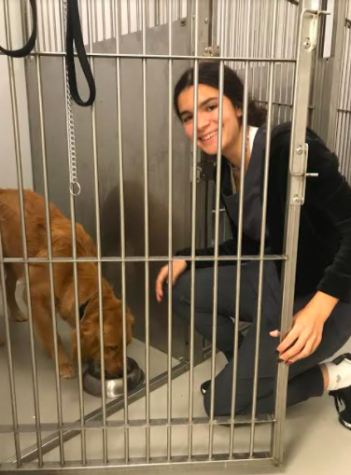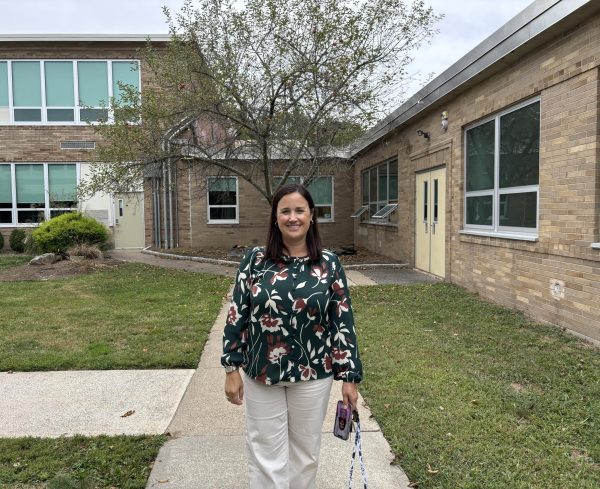Coping with mental health amid pandemic
Junior Elise Schicker struggles with chronic depression, but has found ways to maintain her mental health amid the pandemic. She shares her strategy of sticking to a daily routine.
While the outbreak of the coronavirus has seen an increase in concerns over physical health, it has also given rise to depression and anxiety.
“When I have to stay home, even when I’m physically sick, I also get mentally sick,” said Elise Schicker, a junior and mental health advocate. “The [transition into self-quarantine] was hard and it’s still hard.”
It is typical to experience feelings of anxiety, fear, anger, loneliness, boredom, and symptoms of depression due to the pandemic, according to the Substance Abuse and Mental Health Services Administration.
“There’s a lot of anxiety that comes with it, and I think that’s because there’s a lot of unknown,” nurse Diane Fallon said. “Things change so much every single day that it’s not uncommon to feel overly anxious about this stuff.”
With the community in self-isolation, social interaction between people has steeply declined, especially among students. The district switched to virtual learning after it was announced that all Bergen County schools would be closed due to coronavirus concerns on Thursday, March 12. Gov. Phil Murphy then announced an executive order which shut down all non-essential businesses.
“We kind of have to take things one day at a time and have a mentality that you approach each and every day, one moment by one moment, versus projecting too far out into the future,” said Steven Myers, a student assistance counselor.
Schicker struggles with chronic depression, but she has found various ways to help her cope while in self-isolation.
“It seems like everything is out of control, which is really frustrating for some people,” Schicker said. “I try not to focus on [things] that I don’t have control over. I focus on what I do have control over. I’ll say ‘I have control over how clean my room is’ or what I eat today.”
Fallon and Myers said it is important to develop and stick to a routine every day.
“During a pandemic like this and without having the structure of a school day, a lot of students are staying up late more than they would on a school night,” Myers said. “I can not emphasize more to just maintain some kind of daily structure.”
Myers said to “[make] sure that you get good sleep.” According to Healthline, poor sleeping habits can give way to mood changes and symptoms of depression.
“I think a routine is really important,” Fallon said. “I’m now treating Monday through Friday like I’m going to work. I try to get up on time, shower, get ready, and put my makeup on like I would on a normal day.”
Schicker also said that it is important to “reach out to friends” and keep in contact with people.
“In a world where we’ve already become socially isolated and disconnected in a lot of ways through the use of technology, we’re going to have to use that same technology to make sure we do stay connected,” Myers said. “Human beings by nature are very social creatures, we’re probably the most social creature on the planet, so we rely on social support for assistance in just about everything.”
As a nurse and a mom, Fallon makes an effort to constantly stay informed about the coronavirus and the pandemic. She schedules watching the news into her daily schedule and turns it off after watching it in the morning.
“We need to stay knowledgeable, but it can be overwhelming,” Fallon said.
Fallon also emphasizes the importance of laughing during times like this. She said she often tries to watch comedy shows to keep herself entertained.
“Laughing is so healthy for you mentally and it’s also good for your immune system,” Fallon said. “Find some way to laugh.”













